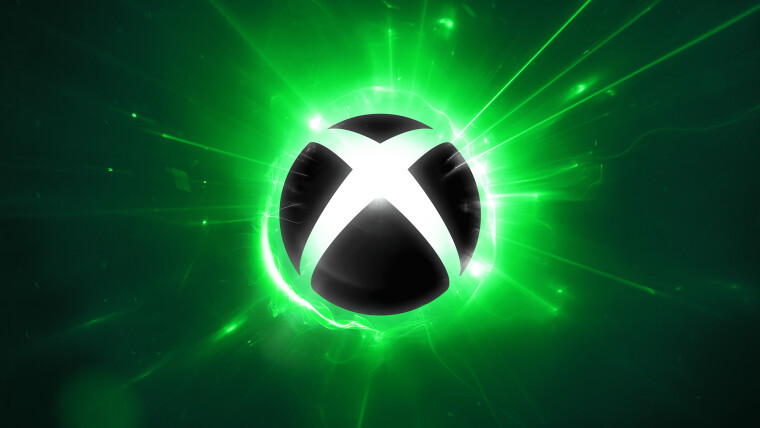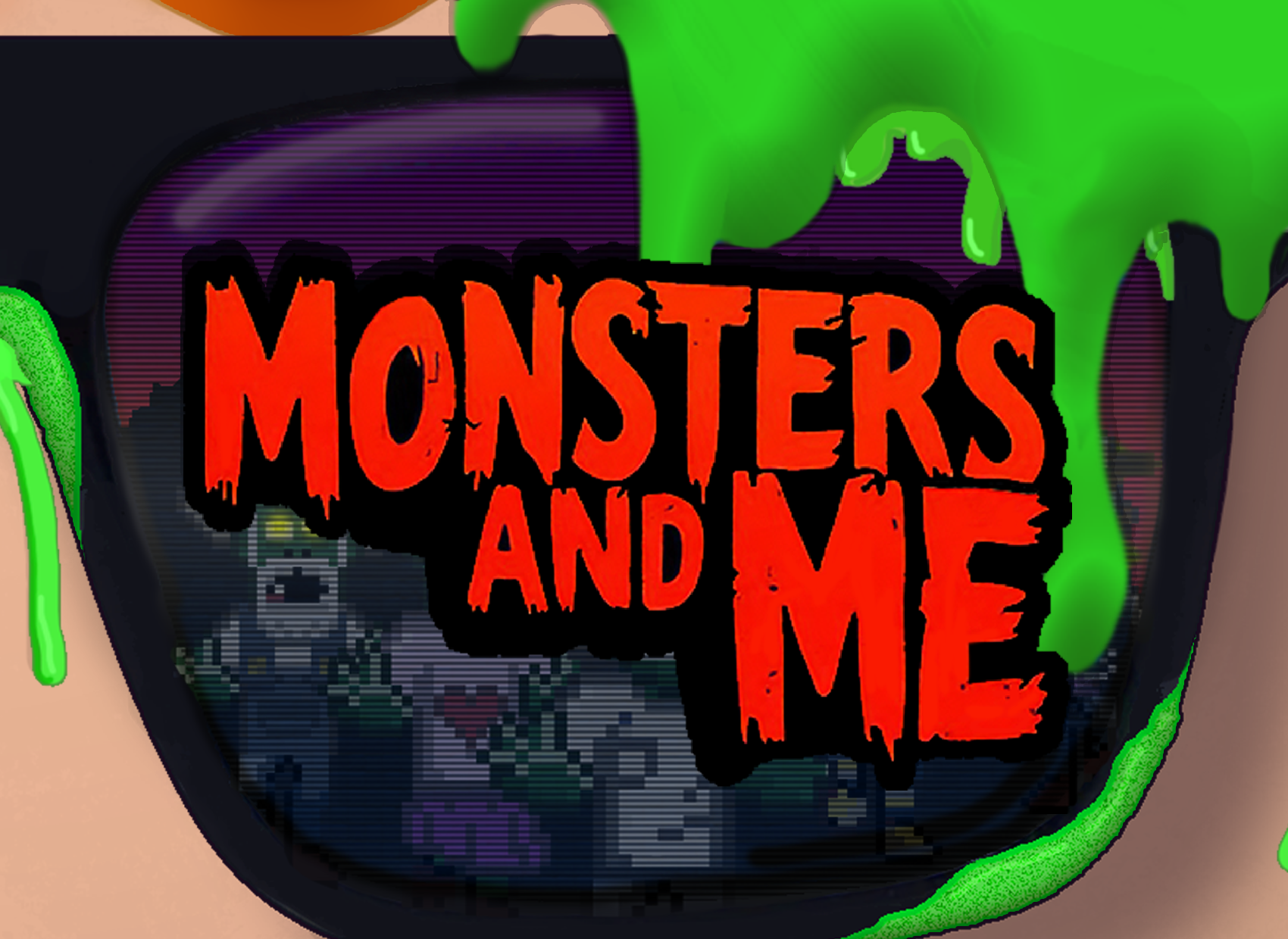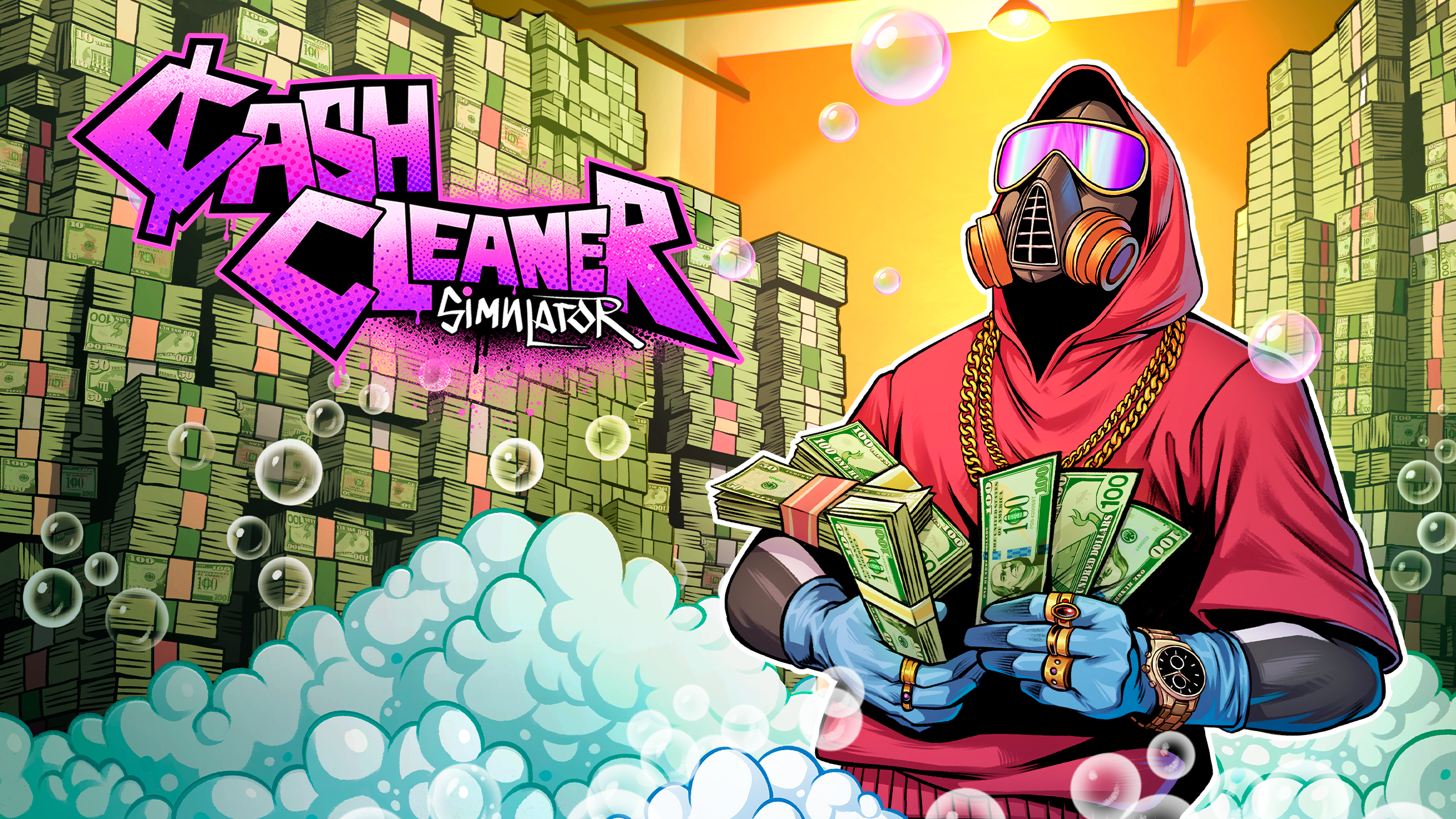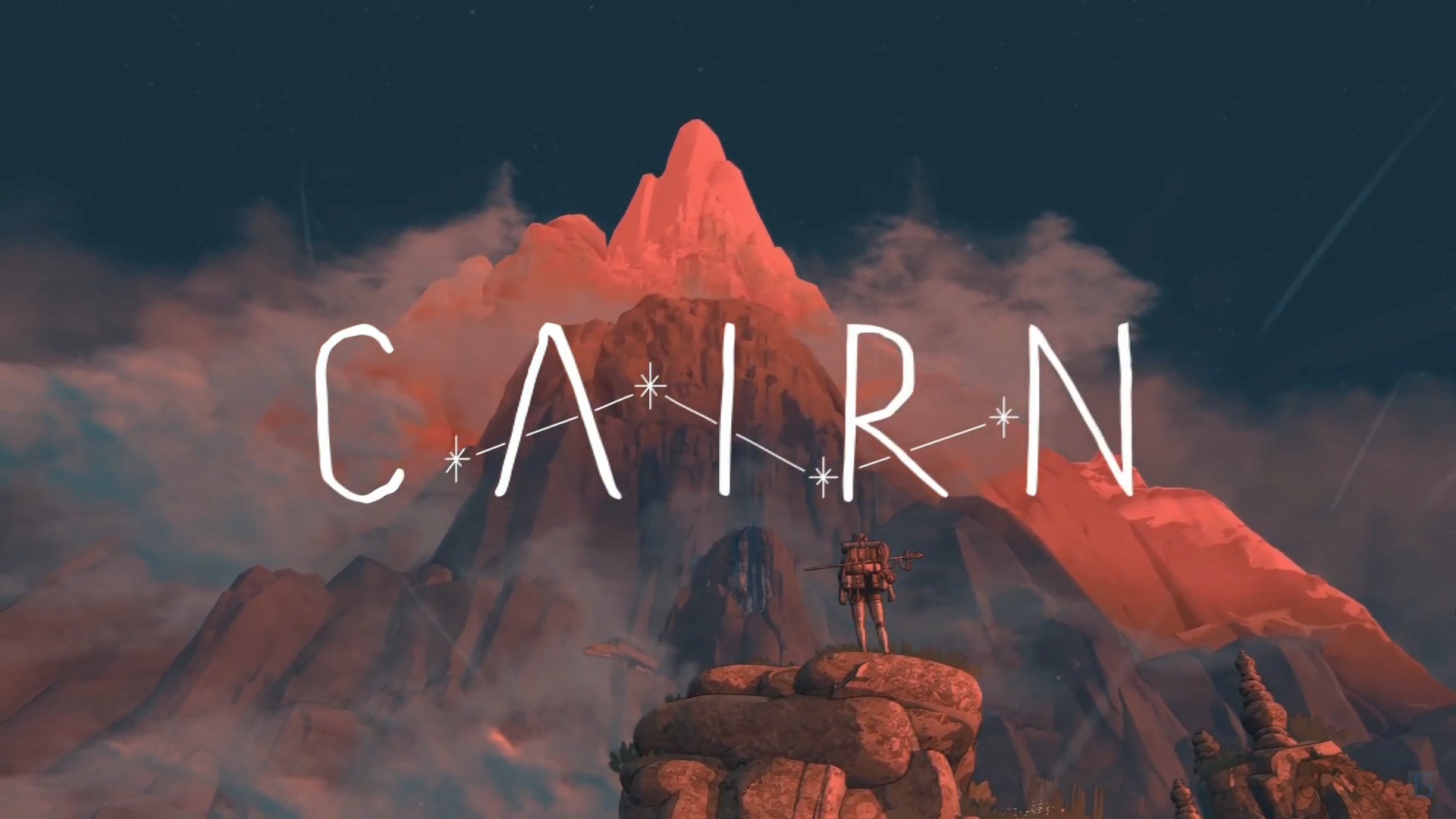Until one of us masters the art of interstellar travel, humans will always have an innate curiosity about space.
We pore over fictional portrayals of astral colonization and visualize futures where Earth is just one port of call on our starlit adventures.
The standard view of a sequel is that it’ll do what the first game did, but bigger. Everspace 2 is different.
Yes, like the first game, this is a third-person, space-based looter-shooter. But where Everspace was a roguelike, Everspace 2 is full, open-world action-RPG. Everspace focused on short runs through increasingly difficult trials – Everspace 2 boasts a 30-hour campaign. Everspace was all-action – Everspace 2 has a more expansive mood, preserving those bursts of combat but slotting in gentler exploration, trading and story beats.
Games just don’t make this kind of shift very often, especially when the originals had already built a loving fanbase. So why did developer Rockfish decide to make such a drastic change? Ahead of the game’s launch on Xbox Series X|S on August 15, we had the opportunity to sit down with Rockfish CEO, Michael Schade to discuss the studio’s ambitious move, how it was always part of their plan, and how Game Pass helped it become a reality.
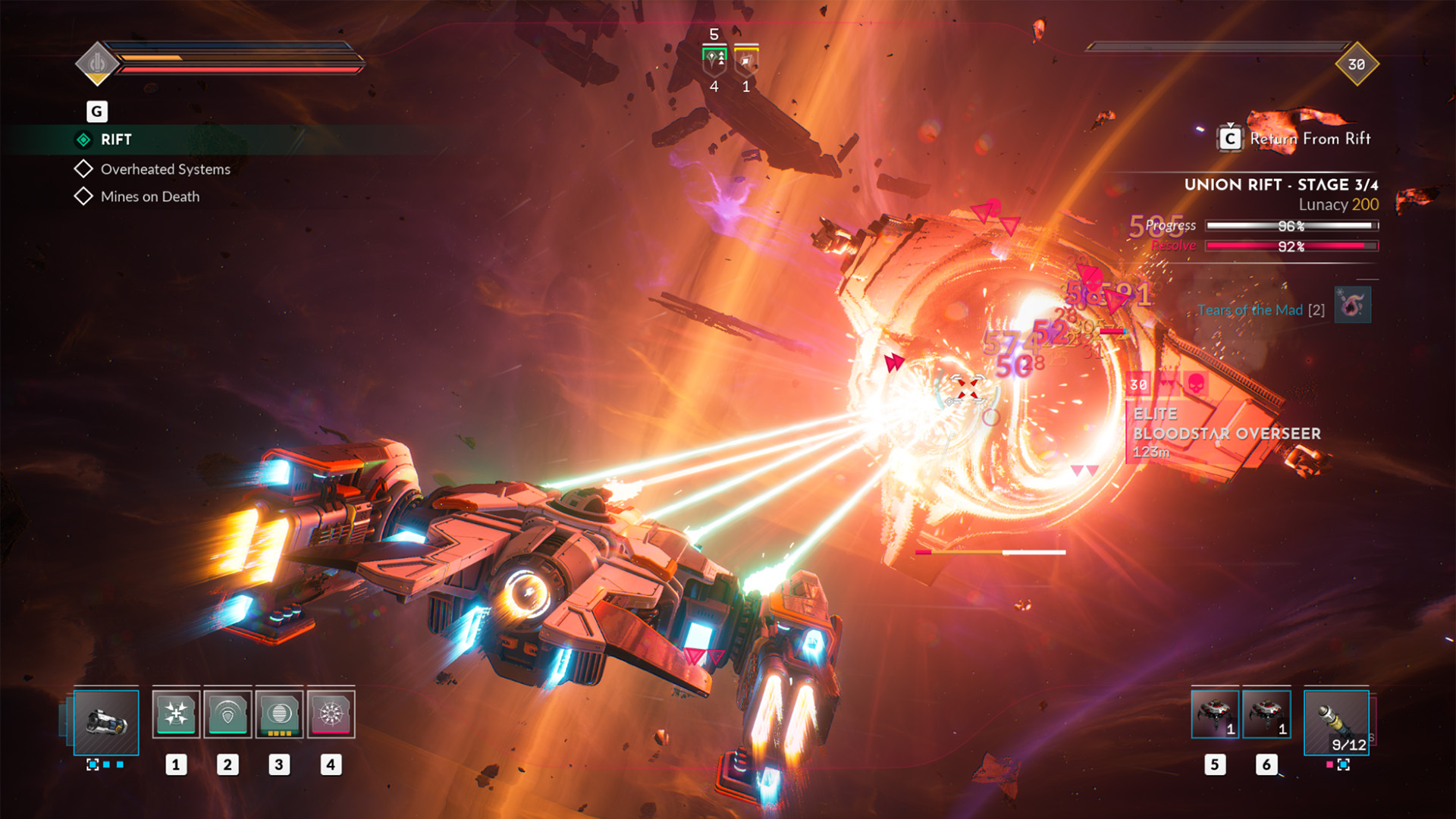
Schade tells us that the decision to build the original Everspace as a roguelike was driven by two main factors – creative direction, and resources.
“When we made the first Everspace, we actually didn’t have the budget to really follow the vision that we had to make an open-space action RPG,” Schade tells us. “We delivered on that vision, but it was a compromise.”
Fortunately, the success of Everspace allowed Rockfish to craft a prototype for Everspace 2, and really lean into the open-world approach that the team had envisioned for the first game. With more emphasis on exploration, the roguelike elements made less sense, according to Schade.
“Everspace has a procedurally generated course that you have to follow, and if you stick around too long in one place, a giant battleship jumps in and makes sure you either move on or you die,” Schade explains. “In Everspace 2, you can go to other star systems, you can go back, take it at your own pace, and nobody is chasing you.”
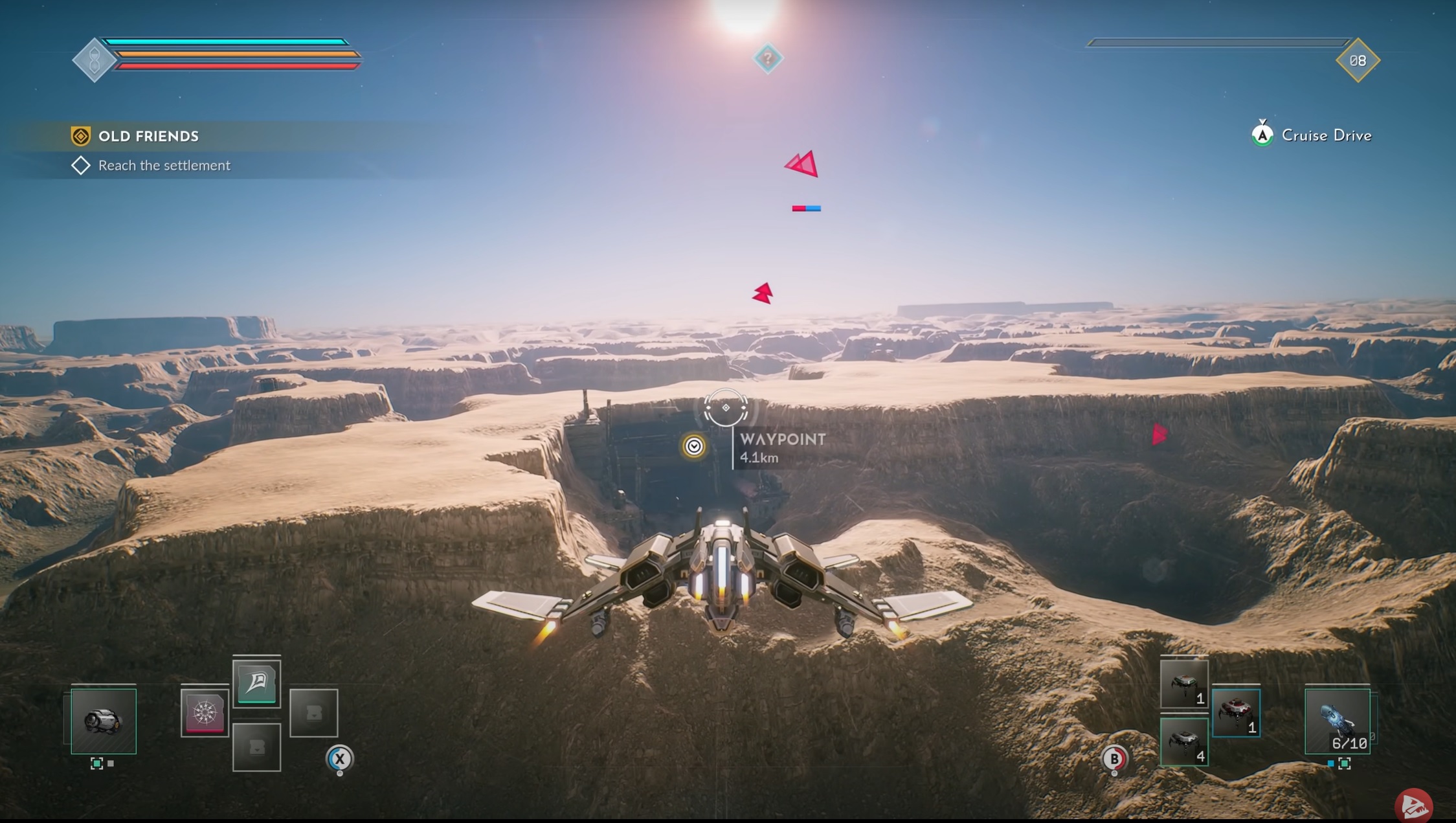
The roguelike element also made it more difficult to tell a compelling story. In Everspace, your character is a clone pilot, and every time they die as part of the game’s loop, there is a narrative explanation for dying. In Everspace 2, there is a cohesive story between characters that unfolds as you play, and things to discover in each of the game’s areas.
“We start with a typical space setting, there are a few space stations, there are some asteroids, the stuff that you would expect,” Schade says. “Then you move into the next system, Union, which has these gigantic trading hubs and you can immediately tell there’s more going on.
“If you go to the system Drake, which we brought into Xbox Game Preview, you will see water planets, ice planets, and lava planets. We wanted to make sure that wherever you are in Everspace 2, you have a distinct feeling of being in a different place.”
We wanted to make sure that wherever you are in Everspace 2, you have a distinct feeling of being in a different place.”
Space For Everyone
Everspace 2 is a third-person, open-world looter shooter that puts you in control of a sleek spaceship, with a selection of galactic locations to explore. Throughout its 30-hour campaign, you can customize your ship, purchase upgrades, and tweak its capabilities to suit your playstyle. The game draws comparisons to other space simulators; from the classic Windows dogfighting escapade Freelancer to modern, monumental management experiences like Star Citizen.
However, what sets Everspace 2 apart from similar games of its ilk is its approachability. It’s not devoid of choice and responsibility, but it makes those processes digestible for those that want to experience customizability without being bogged down in complex management systems.
Everspace 2‘s controls are extremely intuitive, especially while playing with a controller. Flying your ship feels fluid, whether you’re cruising through a vast void or navigating through a small tunnel system. You can access all of the important functions at the click of a button without having to flick through bulky menus or memorise a series of button pushes.
“Accessibility was very, very high on our list because there are fantastic space sims out there already, and we didn’t want to do something that somebody else had done already,” Schade explains. “We wanted to have this feeling of intense space combat and deep exploration but make it very easy to dive in and really get as lost in the world as possible.”
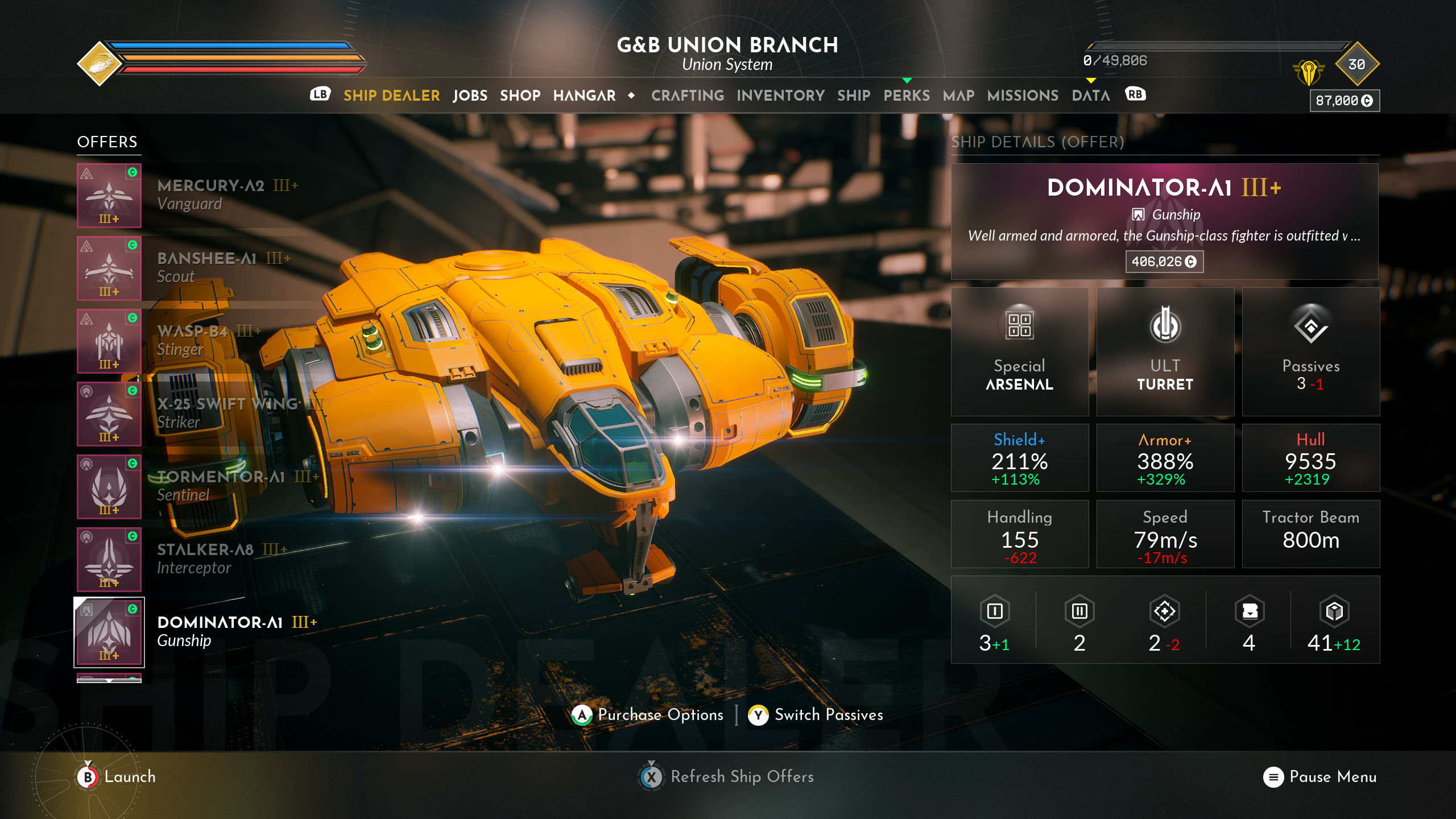
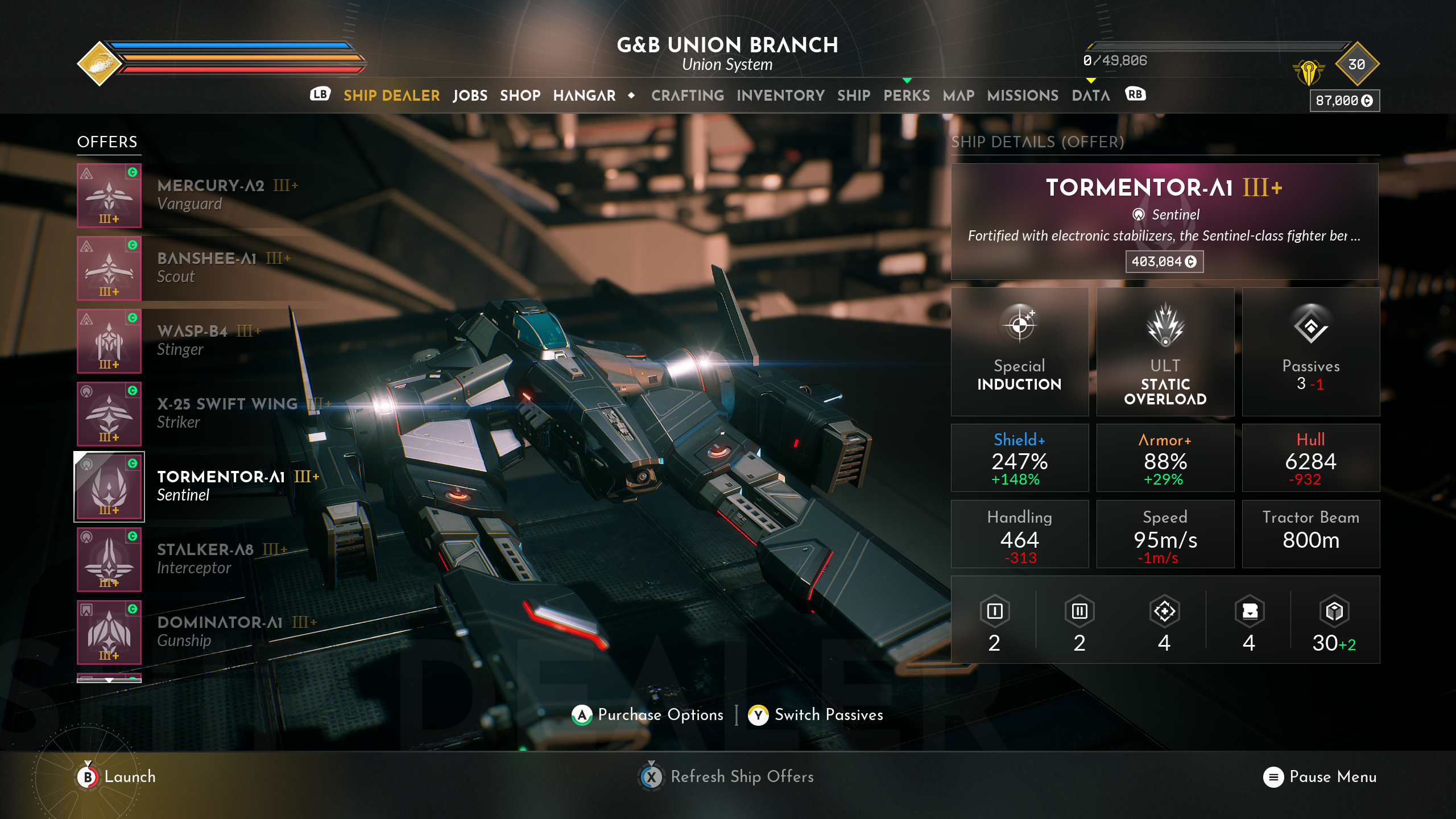


Rockfish arrived at this moment prepared – Schade always had a console port in mind, so the UX was designed to accommodate controller users, whether they’re playing on PC or on a console.
Schade notes the ongoing appetite for high-end, complex space sims, and points out that it’s an extremely ambitious genre and the list of features is demanding, especially for a smaller studio. Space game fans crave a bit of everything, he says; they want trading, shipbuilding, base building, and exploration to name a few aspects, spread across huge interstellar distances. Then there’s the planetary element – every explorable area has to be unique and offer a reason to go there.
“There are so many constraints you have to keep in mind, especially on the technical side of things,” Schade says. “I don’t want to say it’s impossible, but in games that are handcrafted, it takes so much development time and resources to make it happen.
“I understand from a user point [of view] that it would be great to have it all. So this is why we made some deliberate choices to focus the gameplay on what happens on the planets and in orbit.”
Everspace 2 isn’t looking to rival any other games out there. You might say it actually serves as a gateway into the genre, an easygoing, exciting story set in a sci-fi world that might encourage a player to hop into a similar game later down the line.
“The more space games there are and the bigger the variety, that’s better for all of us,” Schade says. “You can play one space game after the other because they always bring something different to the table.”
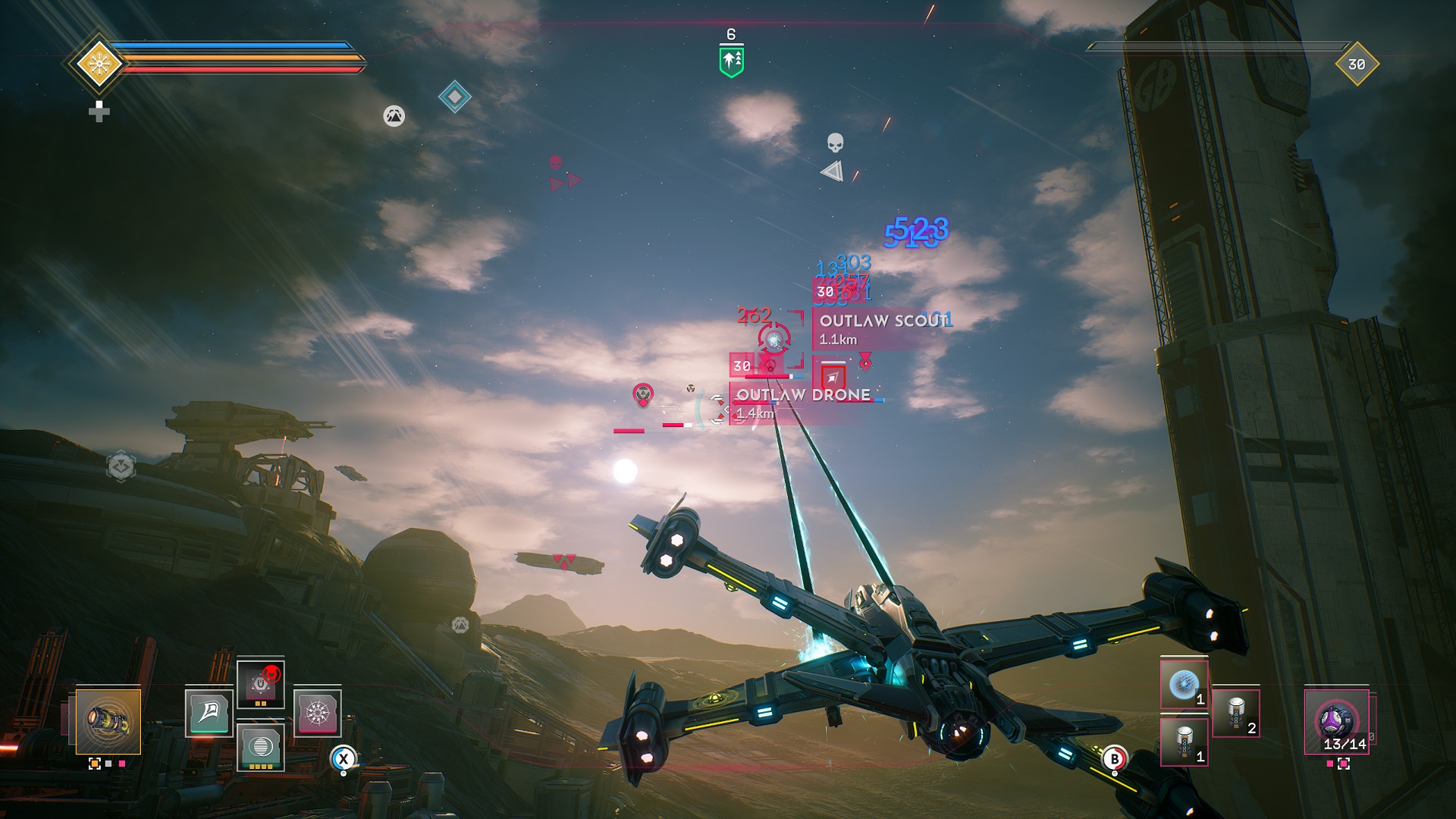
The choice to hone in on specific elements does not mean Everspace 2 was compromised in any way – quite the opposite. The success of the original Everspace, plus a partnership with ID@Xbox meant the game had access to more time and resources than might otherwise have been possible. The Rockfish team was even able to add one additional year to their development plans thanks to working with Xbox and launching on Game Pass.
“Ironically, not only is it good for Xbox and PC users, it’s also good for players on other platforms: everyone gets a better game because of Xbox Game Pass,” Schade tells us. “The extra funding helps us stay independent, and we can deliver the game when we think it’s ready – and it is.”
Everspace 2 launches on Xbox Series X|S tomorrow and is available to play with Game Pass.


